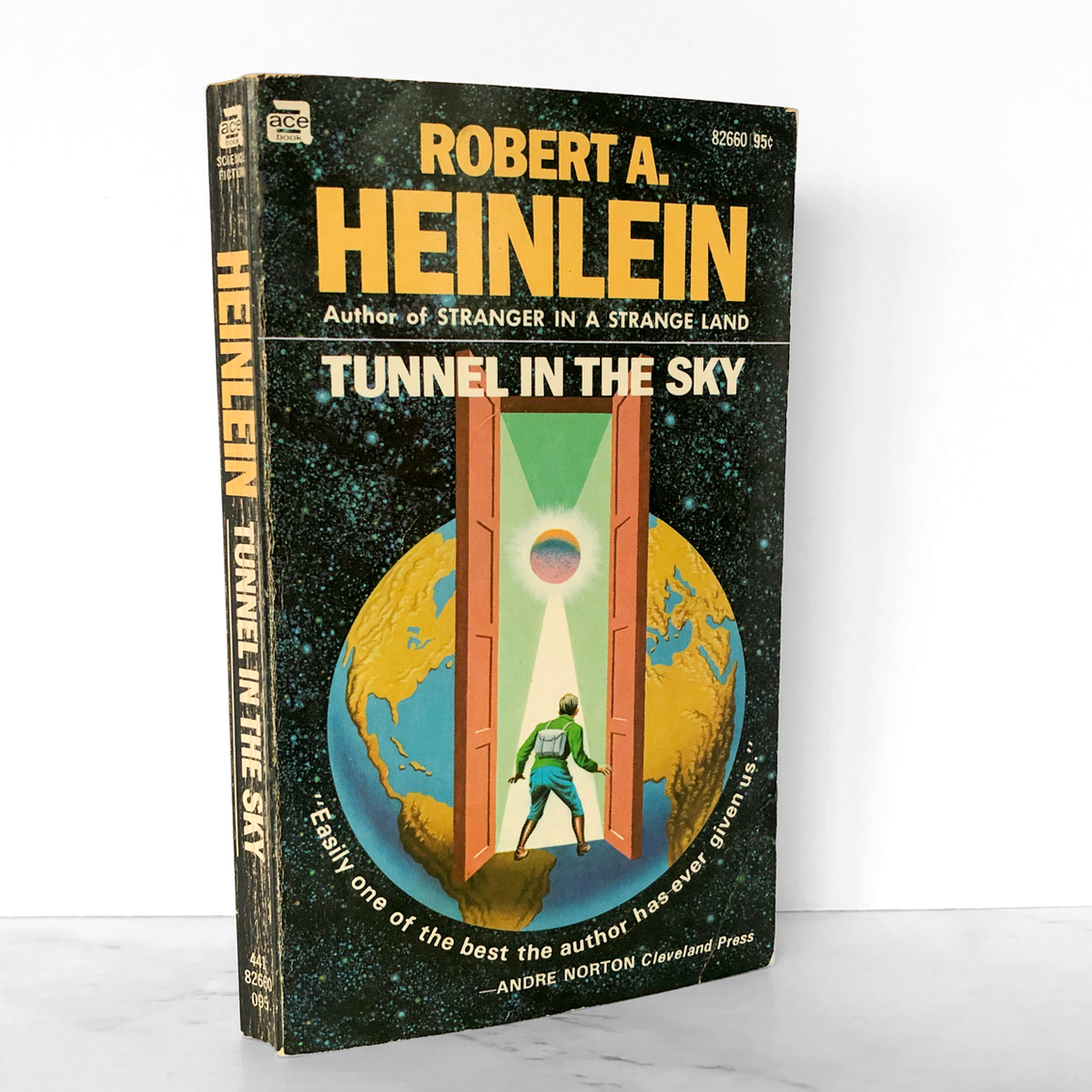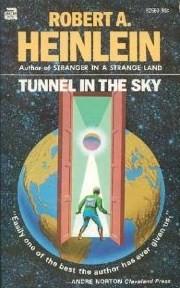

The idea of space travel through “tunnels” in space, a kind of teleportation, effectively supplanting mechanical travel is also cool and would influence science fiction ever since. While Heinlein introduces some scenes where characters shirk convention and lean towards a might makes right sentiment, his group of accidental colonists hold firm ideas of civil society and community. Ever the optimist, Heinlein’s group of students deal with environmental pressures, but don’t resort to barbarity. Heinlein’s story may have been a response to Golding’s seminal novel.

Both books describe a scene where children have been left alone in a savage environment and how their society changes to adapt to the new setting. This was one of my favorite Heinlein juvenile books back in the day and it hasn’t lost any of its potency or relevance in all the time since.įirst published in 1955, a year after Lord of the Flies, comparisons with that great work will be drawn immediately.

Many scenes anticipate his later work Time Enough for Love. Many of Heinlein's later ideas are revealed here, and his hard scrabble libertarianism blossoms. But before a band of colonists would attempt to settle a planet, adventurous types would go out first to provide reconnaissance and determine of the habitat was livable. This was one of my favorite Heinlein juvenile books and concerns a Stargate type of portal (did this influence the later films?) where colonists are sent out into the farther reaches of the universe. Very original and entertaining Heinlein adventure.


 0 kommentar(er)
0 kommentar(er)
